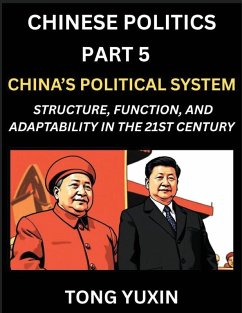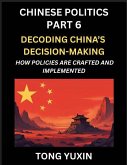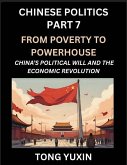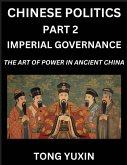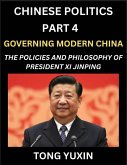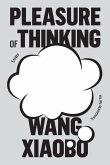China's political system in the 21st century is far from static. It's a living organism, constantly evolving through a delicate balance of structure, function, and adaptability. At the heart of this system lies the Chinese Communist Party (¿¿¿¿¿, Zh¿ngguó Gòngch¿nd¿ng), whose leadership has not only endured but adapted to a rapidly changing world. This book explores how the CPC navigates the twin challenges of maintaining institutional stability and fostering modern governance-all while responding to domestic demands and global uncertainties.One of the most fascinating aspects of China's political framework is its ability to blend centralized authority with localized flexibility. The People's Congress system (¿¿¿¿¿¿¿¿, Rénmín Dàibi¿o Dàhuì Zhìdù), for instance, serves as a bridge between national policies and regional realities. But this is no rigid hierarchy. Hybrid governance models-combining market-driven reforms, digital innovation, and social management techniques-have become critical tools for sustaining legitimacy in an era of rising expectations.The CPC's role extends beyond mere governance. It acts as a steering mechanism, shaping policies that balance economic growth with social equity. Yet this is not a monolithic process. Political ideologies have shifted dramatically over time: from Mao Zedong's revolutionary fervor to Deng Xiaoping's pragmatic reforms, and now to Xi Jinping's vision of "Chinese modernization" (¿¿¿¿¿¿, Zh¿ngguó Shì Xiàndài Huà). Each era has left its mark, redefining what governance means in a country as vast and diverse as China.This book asks hard questions. How does the CPC maintain centralized control while allowing regions room to experiment? What role do hybrid models-like public-private partnerships or grassroots participation-play in keeping the system responsive? And how do evolving ideas, such as "common prosperity" (¿¿¿¿, Gòngtóng Fùyù), reflect broader shifts in political priorities?Too often, China's political system is reduced to clichés about "authoritarian resilience." But the reality is far more nuanced. This is a governance model in constant dialogue with its past, its society, and the world. By combining theoretical insights with on-the-ground case studies, this book offers a fresh perspective-one that sees China's political order not as a finished product, but as a work in progress, shaped by both tradition and transformation.
Bitte wählen Sie Ihr Anliegen aus.
Rechnungen
Retourenschein anfordern
Bestellstatus
Storno

